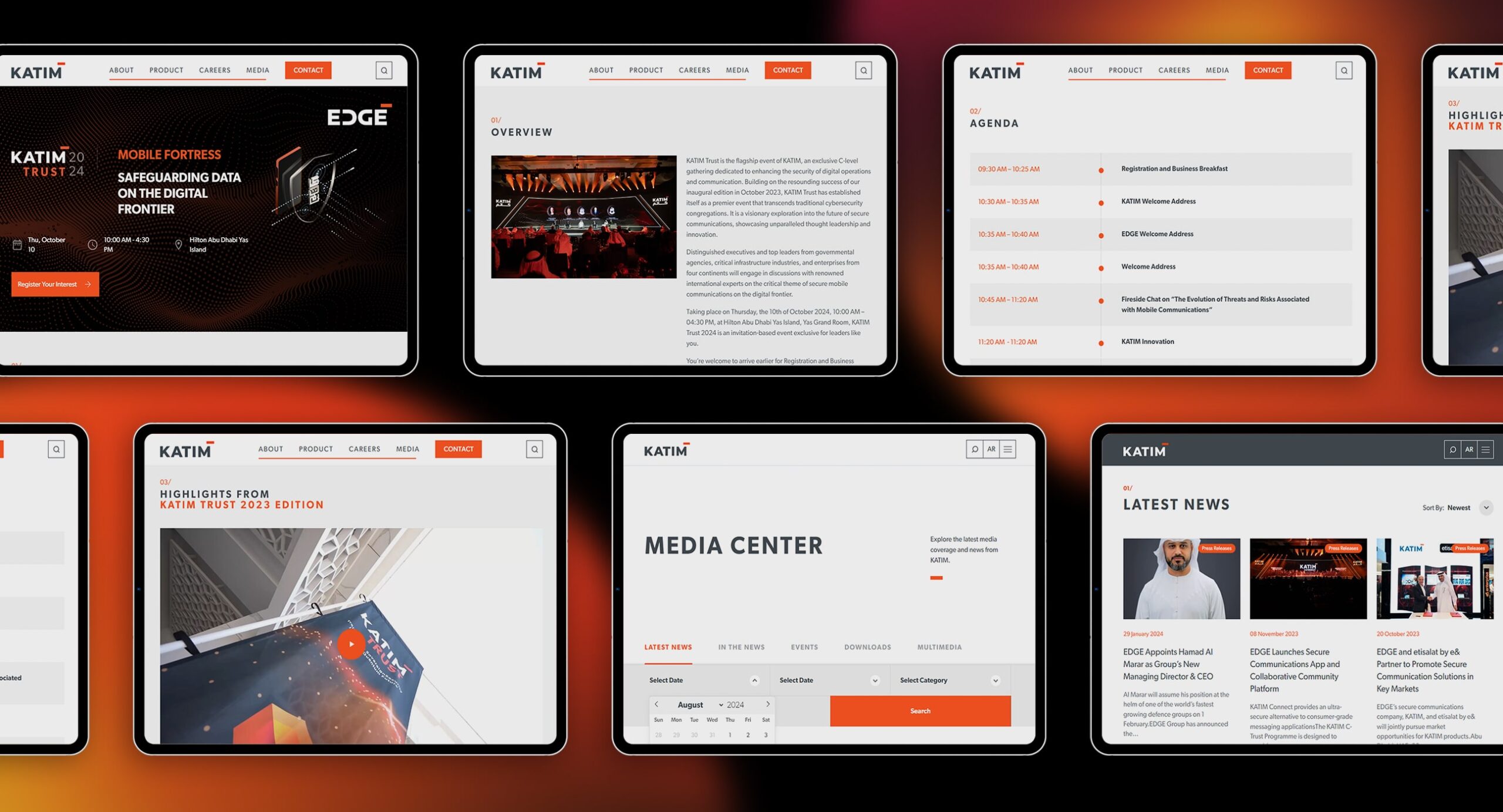E-marketplace and e-commerce are two popular options for merchants to start their online business. Each solution will lead you to a different set of customers. Hence, it is one of the fundamental aspects that you need to consider before you intend to go live. Let us compare marketplace vs. eCommerce and understand which is a better option.

The basics of eCommerce and the marketplace
eCommerce platform: pros and cons
eCommerce is purchasing or selling activities happening over the internet. An eCommerce platform is an end-to-end software solution where both parties, consumers and sellers come and play their roles. This type of service encompasses eCommerce builders, accounting and inventory management software. Moreover, a customer should be able to use an eCommerce platform to discover products, shop around a cart and then check out.
In trying to understand the difference between marketplace and eCommerce you need to have an idea about the various e-commerce platforms. Coming to the advantages you have to find a balance between investment returns
Pros
- Customer data can be collected for future marketing campaigns.
- No on-site competition
- There are few restrictions and rules.
- Complete control over the site’s functionality, navigation, and design
Cons
- It takes a long time to bring in traffic and customer engagement.
- It takes more time and money to build and maintain your website.
- More financial risks in scalability
Online marketplace: pros and cons
An eCommerce app or website that enables shopping from several sources is known as an online marketplace. The owner of the marketplace has no inventory.; rather, their job is to show the products of other people to the customers and facilitate transactions.
Currently, there are countless marketplaces like Amazon, Alibaba, Walmart, and far more. The marketplaces are expanding at bottleneck speed. Analysts feel that the global marketplace will account for more than 40% of the global retail market by 2022.
Pros
- Having more traffic and customer engagement
- Quick to set – up
- Less financial risks
- No need to spend time running behind inventory
Cons
- Compete with numerous opponents
- Poor brand recognition
- Customer lists cannot be created through marketing efforts.
6 Key differences between marketplace and eCommerce
When it comes to the debate between marketplace Vs eCommerce, both have the same goal in mind: selling products to customers. The moment you know about the pros and cons of both platforms, it becomes easy to understand which option seems right for your business.
Traffic vs. user engagement
In any online business, commerce, or marketplace, audience engagement and traffic are vital. Marketplaces have been transactionally oriented, bringing buyers and sellers together. When battling with business owners to add more goods or services to their listings, online marketplaces usually concentrate on enticing customers to make purchases.
In the eCommerce business, engaging customers is a difficult task; it takes a long time, and the process is difficult to attract the audience to your website. Even if you have lots of experience, you may end up focusing on the wrong set of customers.

Marketing and brand recognition
It is a major perk for a business to have a clear concept of its marketing approach and a concise view of the difference between marketplace and e-commerce platforms.
In an online marketplace, the sellers have limited access to their customers. Hence, it is difficult to sell your items or generate brand awareness and loyalty. There is also a disadvantage to having direct access to customers and analytics. In most markets, the focus is on the sellers and not on the products.
eCommerce platforms, on the other hand, have complete access to customer analytics and can reach out to customers directly and inform them about new releases and promotional campaigns. You can analyze the customer’s behaviors for a better understanding and optimize the website’s user experience.
Scalability
Compared to proprietors of eCommerce websites, marketplace owners have less risk. Store owners who sell on marketplaces don’t acquire or sell anything directly, which improves the business’s potential to scale. For this reason, marketplaces achieve economies of scale and it allows them to expand faster than eCommerce websites.
You might need to contact additional vendors if traffic increases quickly to keep up with demand, but you won’t have to worry about forking over a significant sum of money for fresh goods or storage.
When it comes to an eCommerce website that wants to scale up, it will take time to do so. The sellers would need more products and storage space to do so. Hence, hiring more staff to comply with the additional requirements is likely to drive up overhead costs. In the debate between marketplace vs. eCommerce, the former should invest more time and resources into website apps or development rather than spending money on employees.
Inventory management
It goes without saying that larger the inventory, buyers are likely to find their items in an online store. Even if your customers are interested in an online marketplace, a large inventory means extra marketing effort that will grab their attention.
An online marketplace is a place for e-merchants to display their products and establish connections with buyers who have no inventory. There is no risk if the products do not sell, as the obligation is on the seller when a product does not receive any traffic. The financial obligation is on the seller who is holding up space and not selling.
In contrast, if you use an eCommerce website, you are going to have issues keeping inventory on hand unless you resort to dropping shipping to meet the customer demand. Otherwise, you may have to upgrade the warehouse facilities without having an impact on the profit margin. In this manner, you can keep the products that are not selling.
Apart from that, there is no financial risk involved when you purchase and hold the inventory that can bring in damages and loss to inventory. All of these situations could have a negative impact on the profit margins of your business.

Volume
An online marketplace has less volume in comparison to an eCommerce website. Marketplaces make money through commissions and listings. These businesses require a huge number of transactions and listings on their website to remain profitable.
Conversely, on an eCommerce platform, there is a higher amount associated with each individual sale. Hence, you do not have to worry as much about volume as you do about quality sales. An example is that if a company is selling high-priced items, a couple of sales in a month will lead to a significant profit margin. The commission on expensive products is likely to bring in more money as compared to the cheaper ones.
Time among with money
Comparing an online marketplace with e-commerce, developing an online store can help you save time and money at an initial level. Apart from that, you can easily start reaching out to your potential customers who have already shopped on the online platform.
On the other hand, developing an e-commerce platform upfront is likely to shoot up costs. To design or maintain your website, you need to avail yourself of the services of a developer. When it comes to ready-to-use eCommerce platforms, store owners can easily set up their store and operate it online.
A point to consider is that when it comes to custom designs, selling features or functions, or integrations, the fees are likely to shoot up when you are availing the services of a technical expert. There are other costs to consider, like domain names, payment gateways, and so on. While the creation of an eCommerce website will cost you time and money, the benefits, in the long run, will be considerable.
When merchants advertise products on the marketplace, they have to shell out a small sum of money as a commission with respect to the platform they use. In due course, the commission and the listing amount add up to a considerable sum of money.
Final thoughts and which is a better option
In the final frontier between marketplaces vs e-commerce It is all dependent upon your product niches, as they would differ from retailer to retailer. For an eCommerce beginner, online marketplaces are an excellent place to start, as they allow them to cut down on the costs, risks, and time required to set up a business upfront.
If you are a well-known brand, you will not want to share your profits with an online marketplace, and if you require a customized solution, setting up your own e-commerce website is the way to go. Online marketplaces are a great place for selling, but they do not turn out to be the only option where your business may thrive.
For more such blogs, Connect with GTECH.
Related Post
Publications, Insights & News from GTECH








